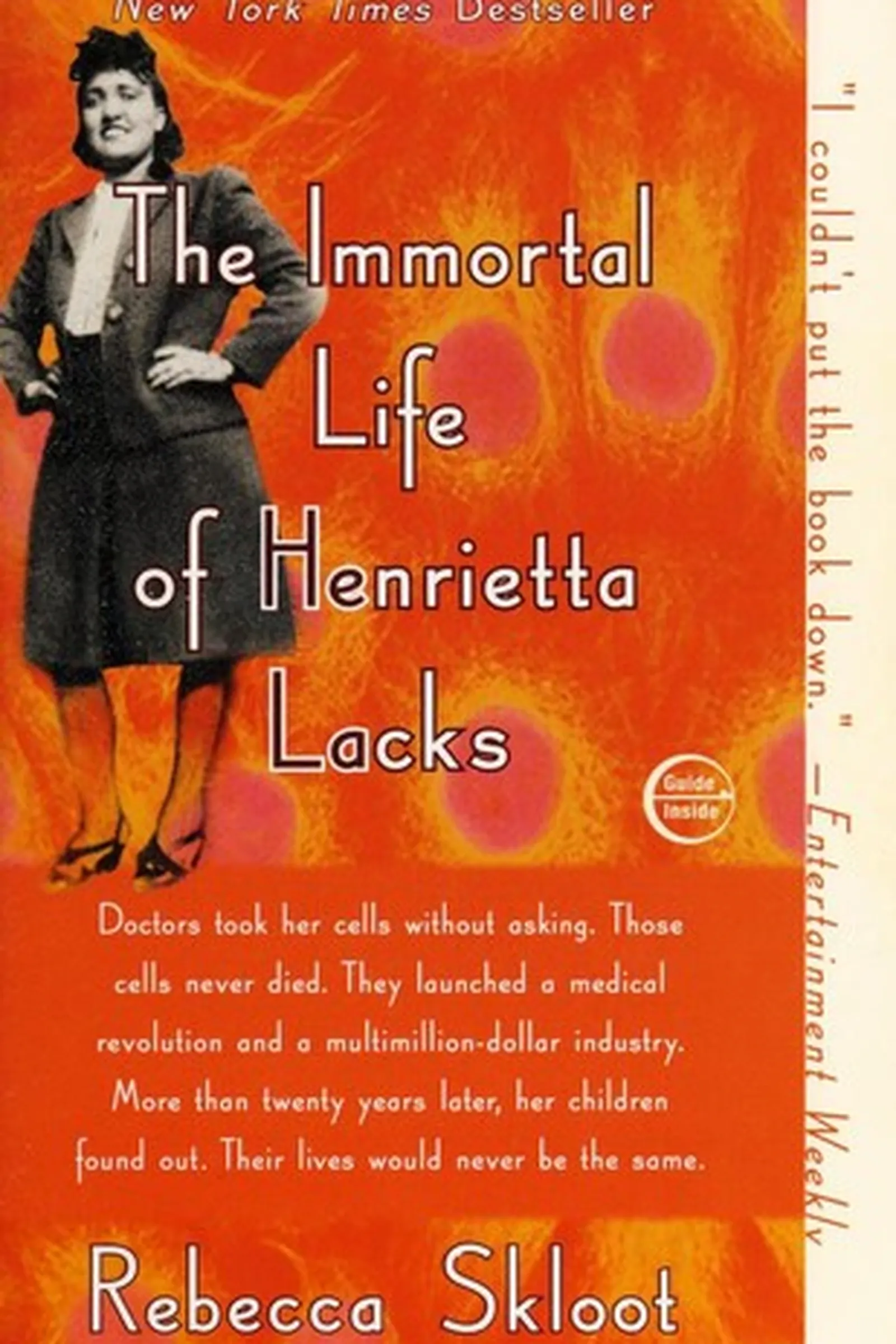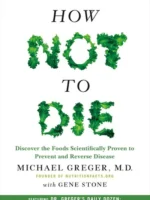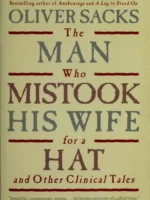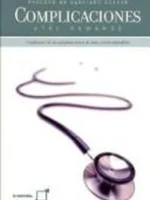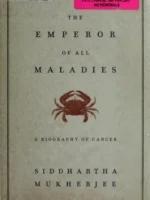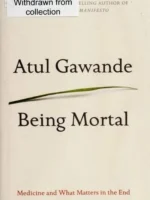The Immortal Life of Henrietta Lacks, Rebecca Skloot, 2010
- Author: Rebecca Skloot
- Genre: BioMedicine
- Publisher: Crown Publishing Group
- Publication Year: 2009
- Pages: 381
- Format: Paperback
- Language: English
- ISBN: 978-1400052189
- Rating: 4,2 ★★★★☆
The Immortal Life of Henrietta Lacks Review
About
Published in 2010, Rebecca Skloot’s The Immortal Life of Henrietta Lacks tells the astonishing true story behind one of science’s most important discoveries—the HeLa cell line—and the woman it came from. It’s investigative journalism at its most humane: a blend of biography, medical history, and moral inquiry. Skloot restores identity and voice to Henrietta, a Black woman whose cells transformed medicine without her consent. The book bridges the gap between lab science and lived experience, showing how one family’s pain powered decades of progress.
Overview
Henrietta Lacks was a poor tobacco farmer from Virginia whose cervical cancer cells were taken without permission at Johns Hopkins Hospital in 1951. Those cells—remarkably resilient—became the first immortal human cell line, used in developing vaccines, cancer treatments, and genetic research. Yet for years, her family knew nothing of it. Skloot spent nearly a decade earning their trust, especially Henrietta’s daughter Deborah, whose search for truth gives the book its heart. The story unfolds in parallel: the rise of modern biomedical research and the Lacks family’s struggle for recognition and justice.
Summary
(light spoilers) Skloot alternates between the scientific journey of the HeLa cells and the family’s personal one. She traces how Henrietta’s cells were commercialized and distributed worldwide while her descendants lived in poverty, confused by medical jargon and broken trust. Deborah, driven to understand her mother’s legacy, becomes both guide and guardian of the story. Through interviews and archives, Skloot reconstructs Henrietta’s brief, luminous life and the massive impact of her cells. The climax is less a revelation than reconciliation: science acknowledging the humanity behind its miracles. The final pages are tender—a daughter finding peace in her mother’s immortality.
Key Themes / Main Ideas
• Ethics and consent — where discovery meets exploitation.
• Race and inequality — the human cost of medical progress.
• Legacy — how remembrance transforms injustice into understanding.
• Science and story — knowledge without empathy is incomplete.
• Family and identity — reclaiming history one name at a time.
Strengths and Weaknesses
• Strengths — Meticulous research with a journalist’s curiosity and a novelist’s heart; the dual narrative humanizes science.
• Strengths — Deborah Lacks’s voice gives the story emotional grounding and urgency.
• Weaknesses — The timeline occasionally jumps, making some transitions abrupt.
• Weaknesses — Readers expecting pure science writing may find the personal story dominant—but that’s what makes it unforgettable.
Reviewed with focus on themes, audience, and takeaways — Rebecca Skloot
| pa_author | Rebecca Skloot |
|---|---|
| ISBN | 978-4-893-83975-1 |
| pa_year | 1982 |
| Pages | 493 |
| Language | English |

